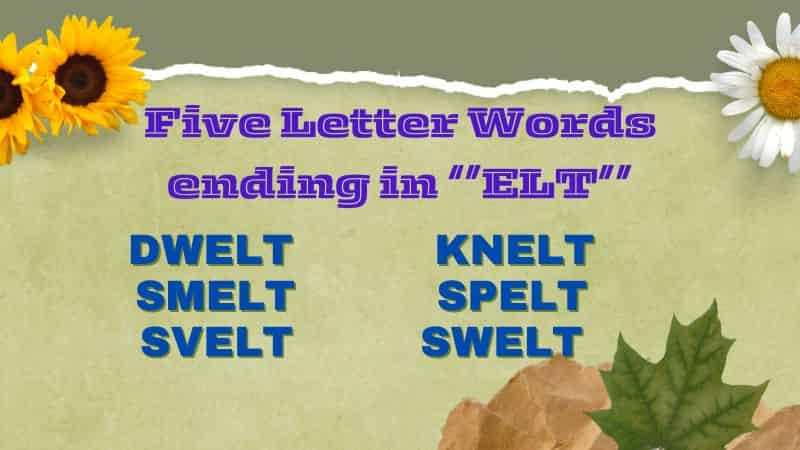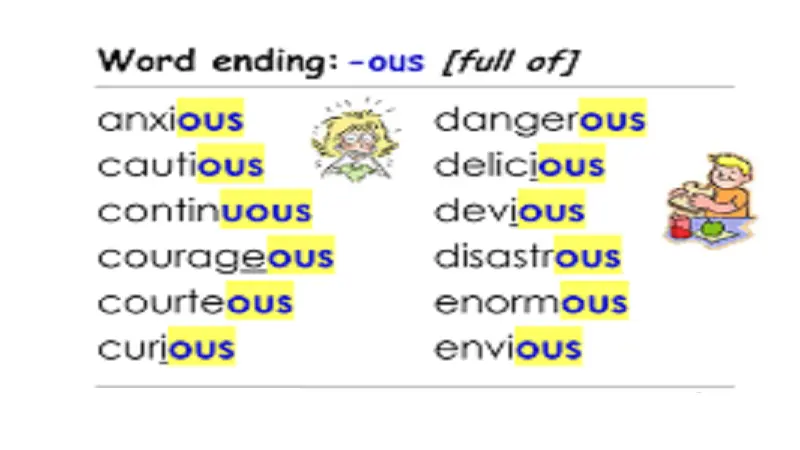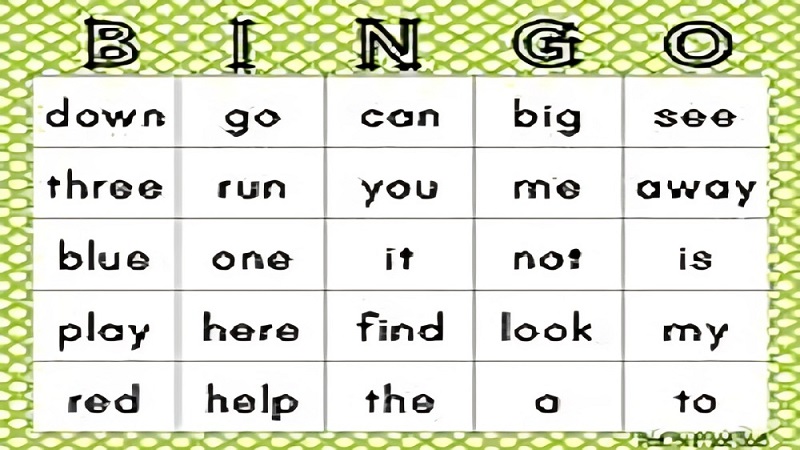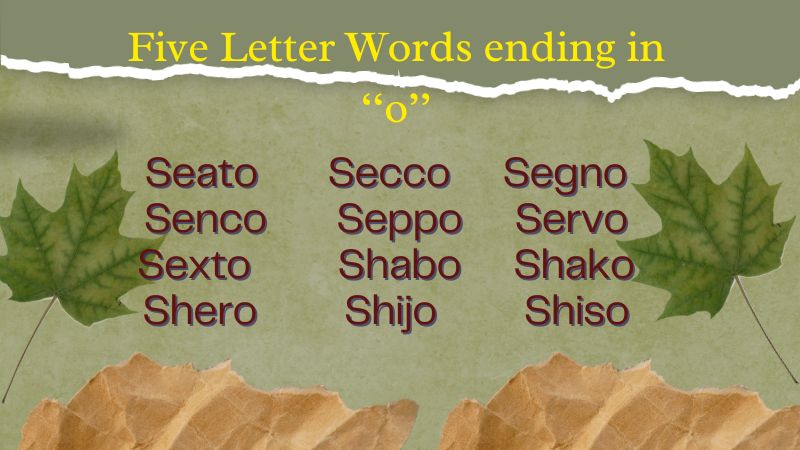Decoding the Enigma: 5-Letter Words Ending in “elt”
Embark on a linguistic adventure as we delve into the intriguing realm of Decoding the Enigma:five-letter words ending in ‘elt.’ This enigmatic term invites us to uncover its origins, meanings, and cultural significance.
In this exploration, we’ll decipher the mystique surrounding ‘elt’ and unveil its evolution across history, from ancient roots to contemporary adaptations.
A wise person, Robin Williams, once said:
“No matter what people tell you, words and ideas can change the world.”
Join us as we unravel the layers of this linguistic puzzle, aiming to shed light on the mysteries encapsulated by this seemingly ordinary yet remarkably enigmatic word.
Linguistic Roots:
Explore the ancient languages that influenced the Decoding the Enigma: 5-Letter Words Ending in “elt”‘ such as Old English and Germanic roots. Understand how it borrowed sounds and meanings from its linguistic ancestors.
Early Usage:
Examine historical records to pinpoint the first appearances of ‘elt’ and how its usage evolved.
Semantic Enigma
Multifaceted Meanings:
Investigate examples showcasing the versatility of ‘elt’ in diverse contexts, from industry jargon to poetic expressions.
Evolution of Meaning:
Examine key historical periods to witness shifts in the word’s meaning, such as the impact of the Industrial Revolution.
Cultural Significance of the 5 letter words ending in ”elt”:
Embedded in Culture:
Explore cultural practices or rituals where ‘elt’ plays a symbolic role, highlighting its significance beyond mere language.
Literary and Folkloric Presence:
Identify famous literary works or folktales that feature ‘elt,’ demonstrating its contribution to cultural storytelling.
Usage in Modern Language
Contemporary Applications:
Examine fields where ‘elt’ has found a modern home, such as technology or pop culture.
Adaptation to the Lexicon:
Investigate how internet culture and social media have influenced the usage and adaptation of ‘elt’ in modern slang or expressions.
Popular Phrases and Idioms
Expressions Incorporating ‘elt’:
List popular idioms or phrases featuring ‘elt,’ providing insights into their origins and meanings.
Everyday Language Impact:
Consider surveys or linguistic studies that reflect the prevalence of ‘elt’ in everyday conversations.
Puzzling Pronunciation
Unique Pronunciation Challenges:
Highlight studies related to the pronunciation of ‘elt,’ exploring common pronunciation difficulties.
Regional Variations:
Investigate pronunciation differences across English-speaking regions.
Intriguing Examples
Specific Instances:
Provide examples from literature, movies, or popular culture where ‘elt’ stands out.
Contextual Impact:
Include real-life scenarios where ‘elt’ takes on different meanings based on context.
Future Trends and Adaptations
Evolutionary Speculation:
Draw on linguistic trends and predictions for the future, exploring how ‘elt’ might adapt to technological advancements or cultural shifts.
Shaping Language Tomorrow:
Discuss the potential influence of ‘elt’ on emerging generations and its role in shaping the linguistic landscape.
Conclusion
Unraveling the mystery surrounding five-letter words ending in ‘elt’ reveals fascinating insights into language richness. Words like “smelt” and “dwelt” exemplify this phenomenon, each with distinct historical, cultural, and contemporary dimensions.
Historically rooted in Old English, these words have evolved across centuries, showcasing the language’s dynamic nature. Culturally, they permeate literature and everyday discourse, reflecting diverse human experiences. While less prevalent in modern usage, they retain a nostalgic allure.
The enduring appeal of five-letter words ending in ‘elt’ lies in their simplicity and profundity, serving as potent communicative tools. Their future impact might involve a resurgence in literary and colloquial contexts.
Understanding these facets enriches language appreciation, highlighting the timeless allure of these words and their lasting significance in human expression.










Post Comment